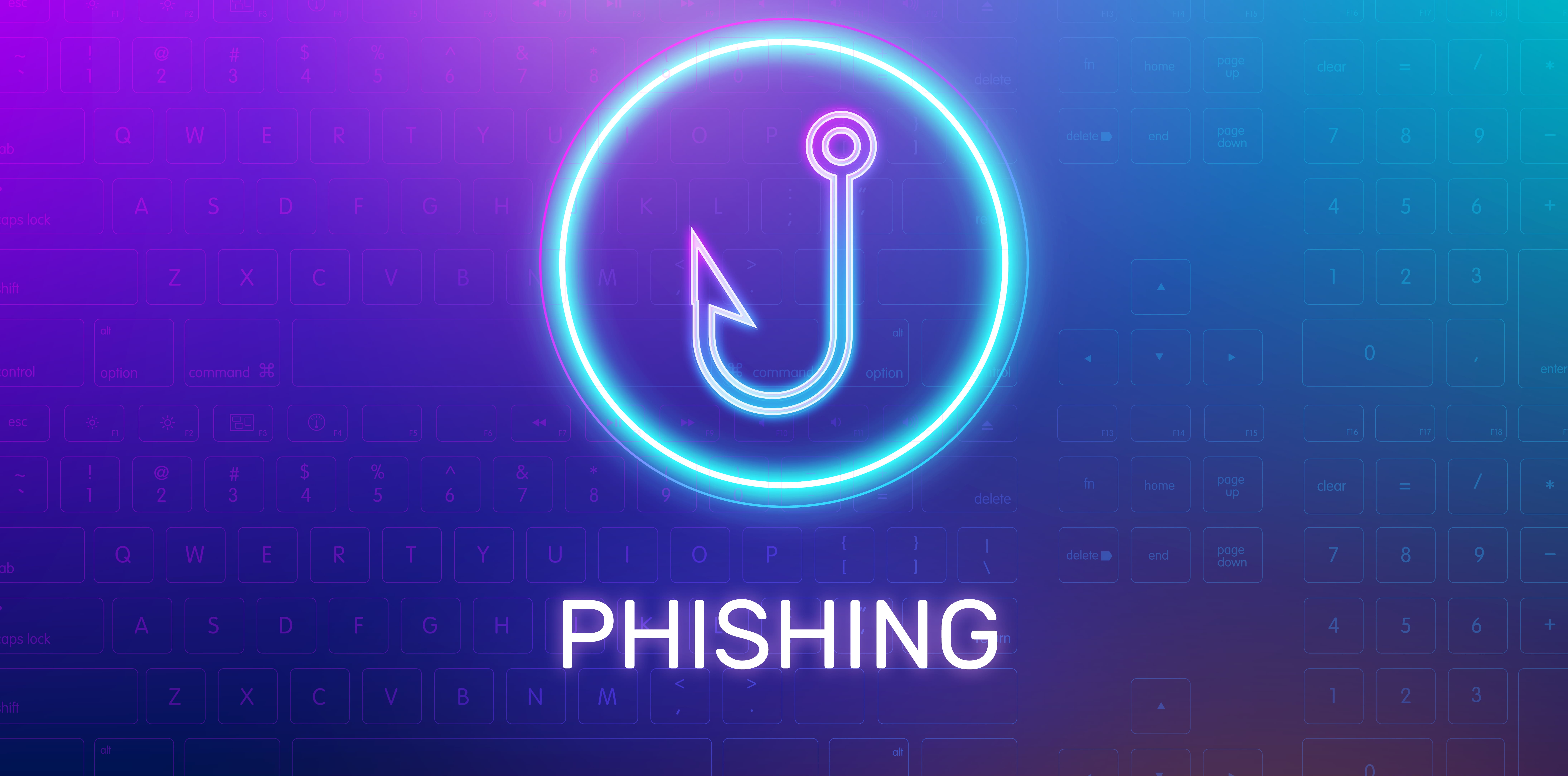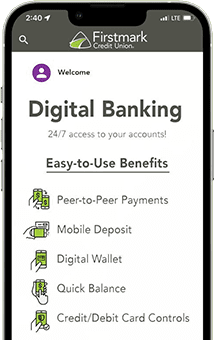Don’t be misled by cyber criminals and phishing tactics using text messages. This type of phishing is also known as “smishing” or SMS phishing. Crooks will send deceptive text messages to lure you into giving up your personal or financial information.
Examples of smishing you may receive:
Be the first to click this link and win a free gaming system!
Amazon: Brian, you are this week’s winner of Apple Airpods. Click on the link to claim your prize.
Criminals will also use smishing to impersonate organizations like banks and well-known retailers to gain your trust. You may be prompted to provide your financial institution’s username, password, PIN and other sensitive information like credit and debit card numbers. Don’t fall for it! Delete these types of text messages or block the sender from your mobile device.
Below are some additional tips to protect yourself from phishing/smishing scams:
- Do not give out your personal, debit card or online account details over a text message.
- Never call a telephone number that you see in a spam text message.
- Never reply to a spam text message (even to unsubscribe).
- Remember, a legitimate business will never ask for personal information over a text message.
- Don’t click links in text messages. The links may spread a virus to your mobile device.
To report a smishing scam, contact your bank or credit union, government agency or the organization that the scam artist is impersonating.











